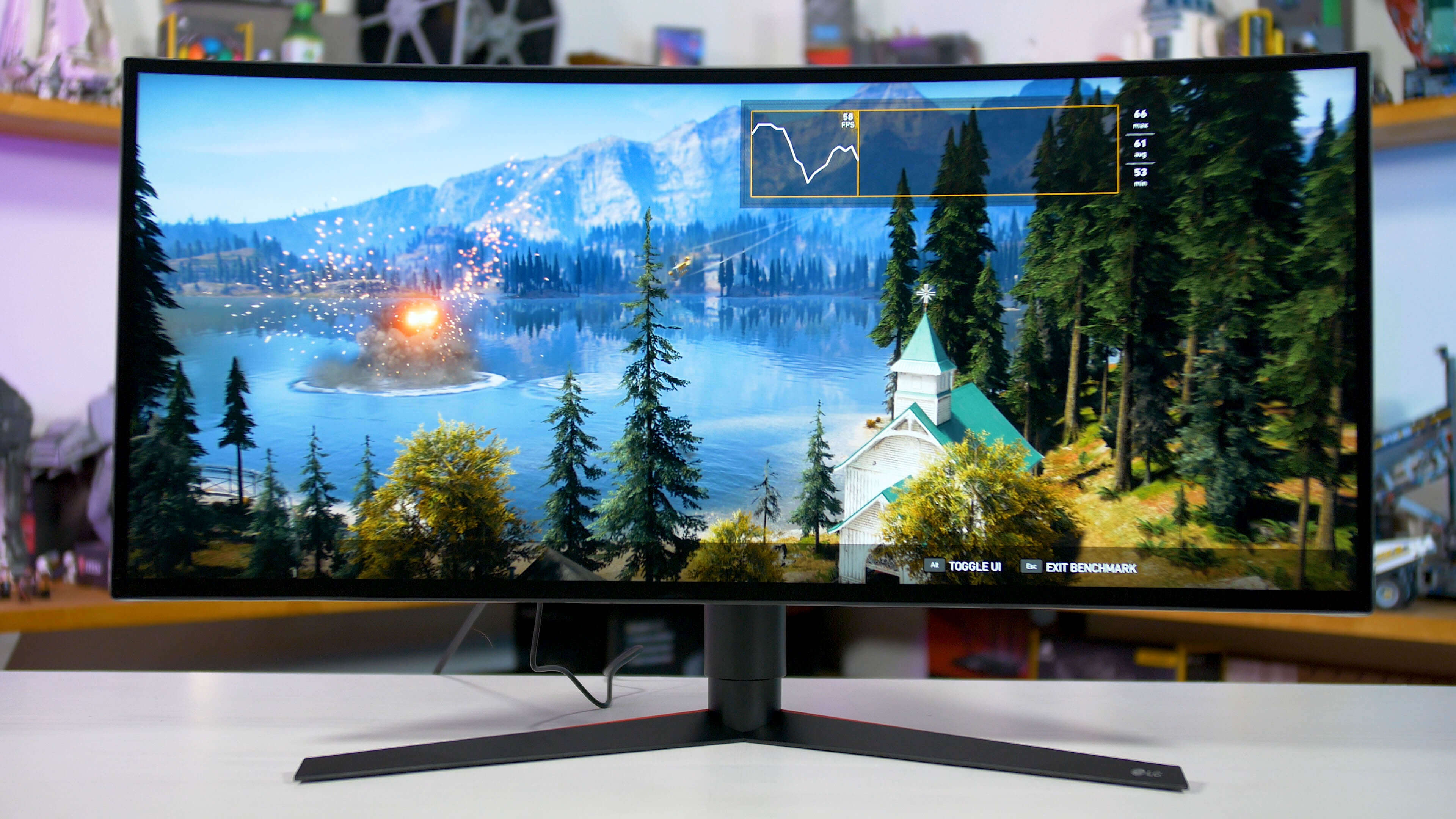Earlier this year we first put Nvidia's support for FreeSync monitors to the test, grabbed every FreeSync monitor we had in the office, and verified that in all cases adaptive sync worked as expected. LG recently sent us 5 of their latest FreeSync monitors, which we've used to revisit Nvidia's FreeSync support.
https://www.techspot.com/article/1810-lg-freesync-and-nvidia-geforce/
